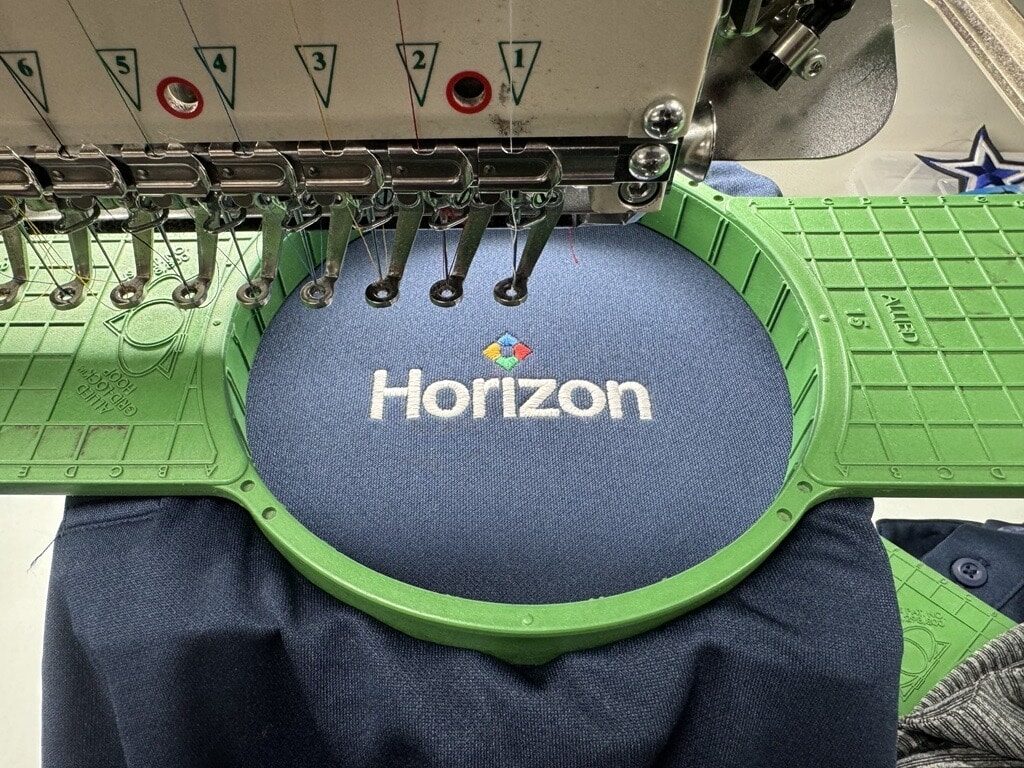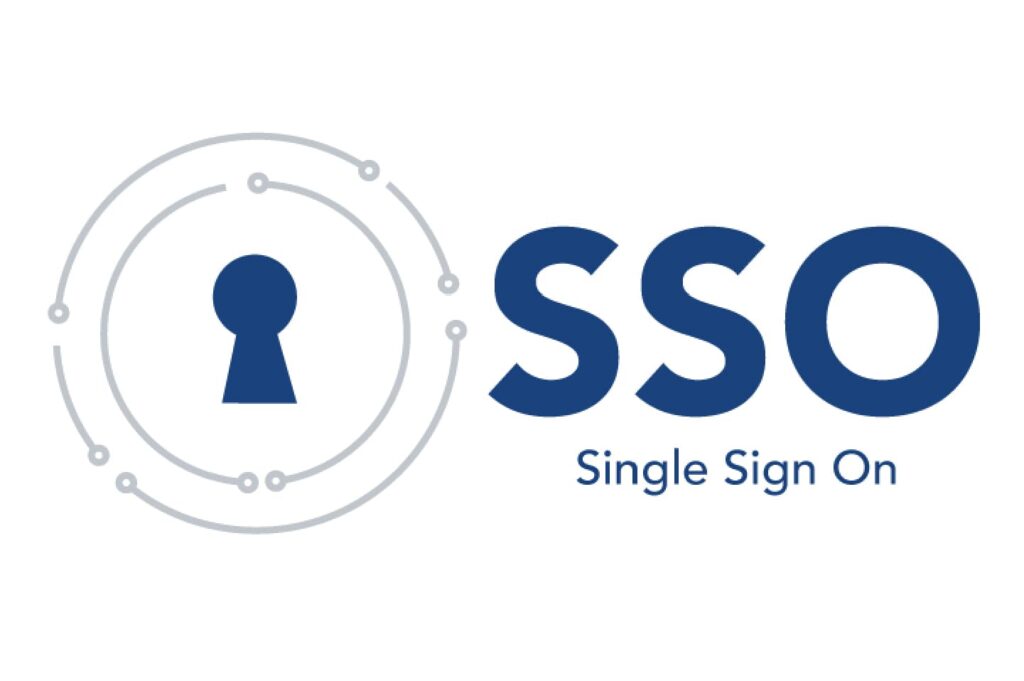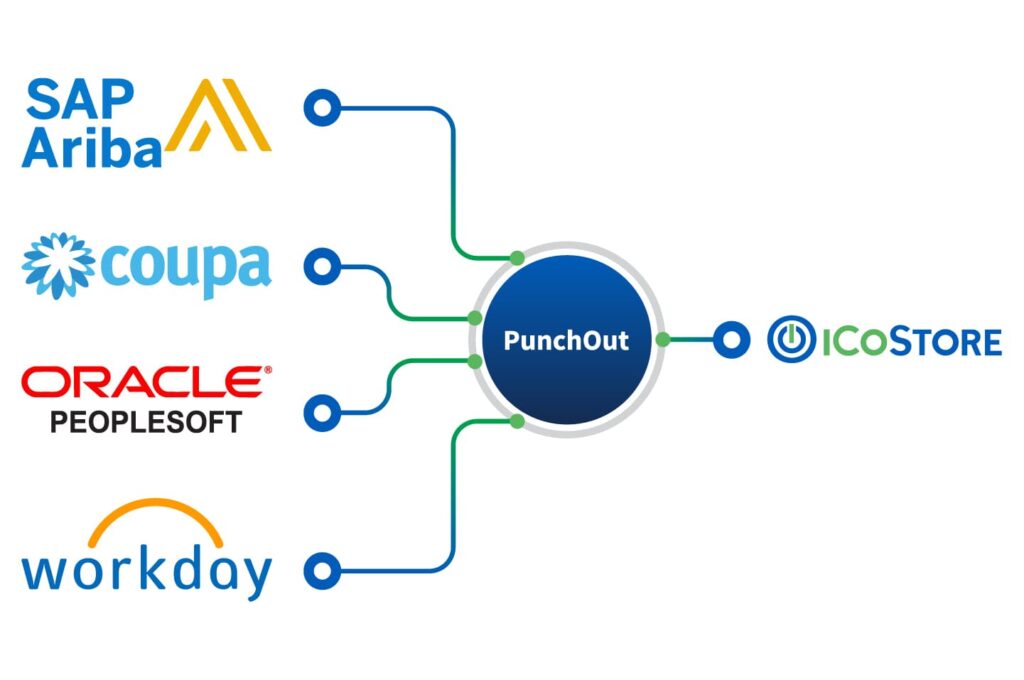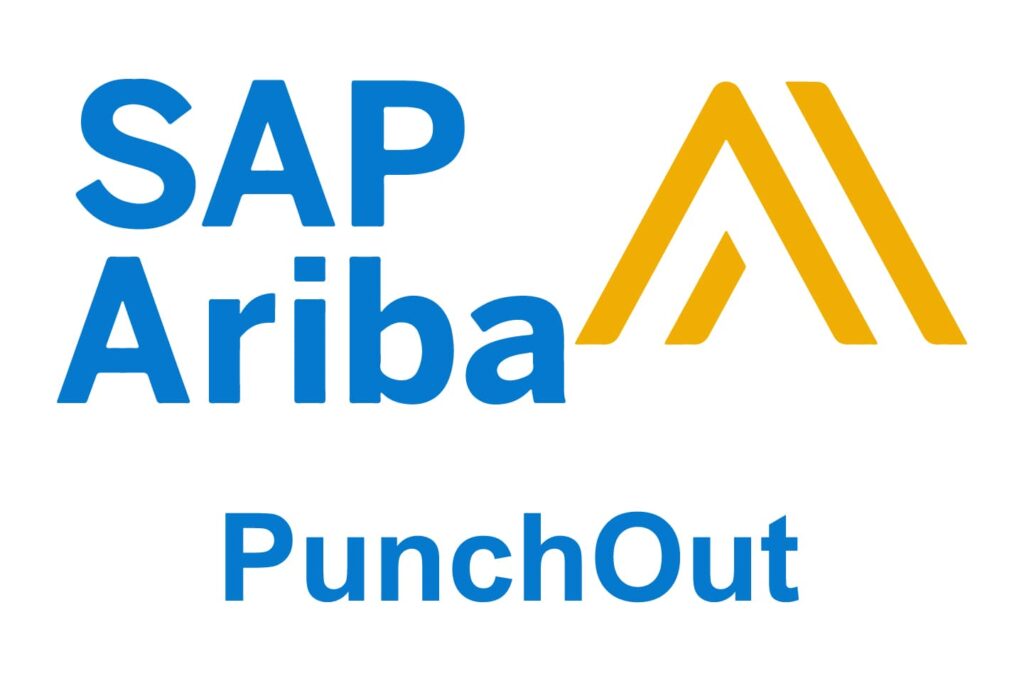Logo merchandise is everywhere in daily life—we see some awesome products and others that make us scratch our heads. Companies invest a lot of time and money in branding through uniforms, logo merchandise, and swag, with over $26 billion spent in 2023 alone! So why do some companies nail their branding while others struggle? Much of it comes down to the promo distributor they choose.
The goal for this Promo Industry Guide is to help educate you—the customer—on how this industry works. From apparel suppliers and contract decorators to what you should expect from you promo distributor. What you need to know to create an internal plan, and how to find the right promo distributor to help brand your company successfully. By the end, you’ll have the knowledge to better collaborate with your distributor and execute your vision.
The Importance of Brand Consistency
From the outside, ordering logo products may seem simple. Many companies just buy from the cheapest online source or allow employees to order from anyone as needed. While this might work in some cases, having multiple people order without coordination can hurt your brand. Inconsistent product choices, mismatched logo colors, and different branding approaches across locations will make your company look disjointed. Protecting your brand and partnering with a distributor who shares this mission is invaluable.
Understanding the Promotional Products Industry
Before diving into selecting a promo distributor, it’s essential to understand the structure of the promotional products industry and its key players.
- Suppliers
There are about 2,500 companies that produce and sell promotional products exclusively to distributors. Many are large, sophisticated businesses generating hundreds of millions of dollars annually. Suppliers typically create, inventory, and decorate products based on distributor orders. Some brands like Titleist, Hydro Flask and Bose partner with promo suppliers to stock, decorate and distribute their products to distributors, but end buyers (like you) cannot purchase directly from suppliers. - Promo Distributors
Distributors are who you work with to buy promo products, apparel, and swag. There are over 20,000 promo distributors in the U.S., ranging from one-person operations to large, tech-driven companies. The value that they bring is being tied into the network of suppliers and being able to source items that make sense for your company. They are the product experts across numerous suppliers. They coordinate all of the details needed to execute your orders. Some specialize in niche areas like sports teams or schools, while others focus on custom designs or company stores and fulfillment. Most however are generalists and can do a little of everything. Distributors typically operate on a commission-based business model. - PPAI (Promotional Products Association International)
The governing body of the industry, PPAI provides resources, education, product safety, events, and advocacy for suppliers and distributors. - Product Search Software
Several technology companies have created software that aggregates product data from suppliers, allowing promo distributors to search for items, check inventory, and build presentations with pricing, images, and lead times. Distributors use these tools to find the right products for your needs and can even set up basic company stores with this software. - Apparel Suppliers
Apparel is the largest category in promo products, dominated by three key suppliers: SanMar, Alpha, and S&S. Together, they have warehouses across the U.S., stocking huge quantities of products to ensure fast shipping to decorators. Combined, these three companies sell over $8B each year. Major brands like Nike, Carhartt, and Under Armour partner with these suppliers to stock and fulfill their brands to distributors for corporate use, not for retail. Some also produce their own private-label brands like Port Authority, which are designed for decoration and priced competitively. - Contract Decorator
Most apparel suppliers don’t handle decoration (screen printing or embroidery). Instead, distributors form relationships with contract decorators and send blank apparel (for your orders) to their contract decorators. These range from small shops to large operations capable of handling millions of pieces each month. Distributors rely on these decorators for not only decoration but in some cases for drop shipping and fulfillment. Some distributors bring decoration in-house for better quality control and faster service. - Retail Apparel Suppliers
Retail apparel operates differently from corporate apparel. Retail brands frequently change styles, introducing new lines while discontinuing old ones. This works great for retail, but if you’re trying to outfit your team and need a specific size, you may be out of luck due to minimal inventory. Many big retail brands, such as The North Face or Travis Matthew, eventually enter the corporate market through one of the large corporate suppliers, but it’s often after realizing they’re not set up to service it themselves.
Summary: Finding the Right Distributor Partner
The promotional products industry looks simple from the outside, but is complex and you want a partner that is an expert and can navigate it for you. One thing that is very important to know before you make a decision: All distributors have access to the same products and suppliers. The key to success is finding a distributor who aligns with your values, understands your needs and has the capabilities to execute your brand vision.
To start, think about what your company requires:
- Do you need a company store?
- Is your budget clearly defined?
- How important is brand protection vs. cost?
- What is the goal of your swag?
- Who will own the program internally?
The right distributor should guide you through these decisions, helping you choose the best products and vendors, explaining safety regulations, and working with compliant factories. They should have strong decorator relationships, whether in-house or external, and work with your team in the most efficient way possible. Creativity and value-added ideas and services are also crucial.
Do your homework, shop around, and find a distributor with experience and expertise in your specific area. When you understand what you need, it will be much easier to interview potential partners and choose the one that’s right for you. If you want more information, we published The Ultimate Guide on Finding the right vendor to run your online store.





